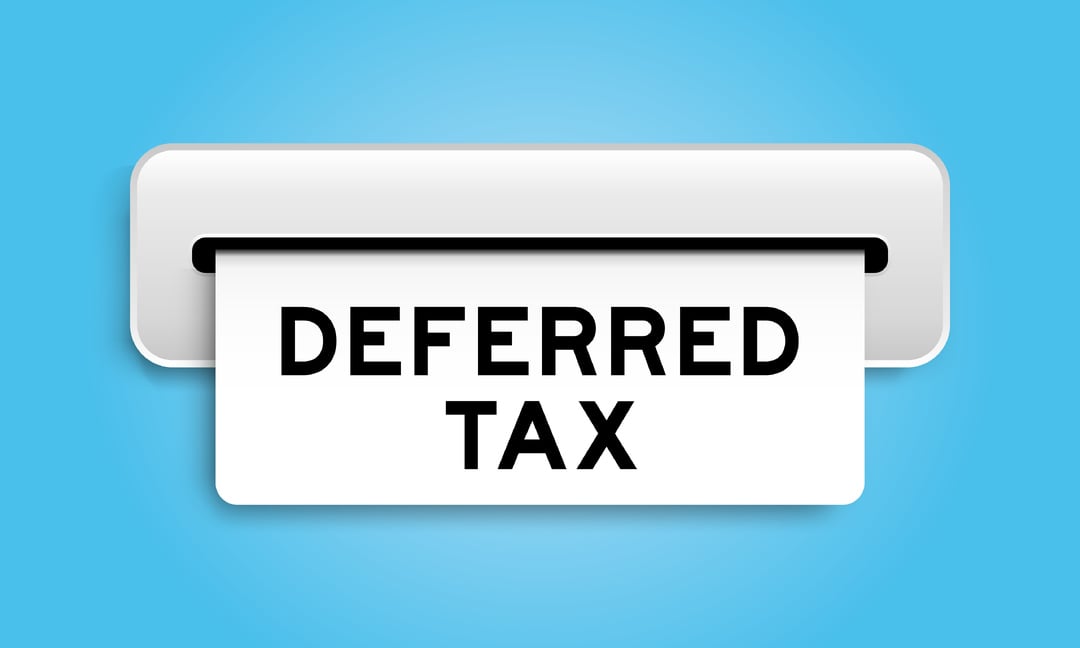An advance payment is one received by a business before it provides whatever is being paid for. For federal income tax purposes, generally, advance payments must be reported as taxable income in the year received. This treatment always applies if your business uses the cash method of accounting for tax purposes. But if your business uses the accrual method, it may qualify for favorable tax deferral treatment.
To Maximize — or Not to Maximize — Depreciation Deduction on Your 2025 Tax Return

Posted by Nick Wheeler, CPA on Feb 18, 2026
The deadlines for filing 2025 tax returns (or extensions) are fast approaching. Although most tax planning moves must be completed by December 31 of the tax year, there are some decisions you can make when filing your return that can save taxes now or in the future. One such decision is whether to claim accelerated depreciation breaks.
Posted in Business Tax
Some Small Businesses Can Still Benefit From the Health Care Coverage Credit

Posted by Lesley L. Price, CPA on Feb 16, 2026
Tax credits reduce tax liability dollar-for-dollar. As a result, they can be more valuable than deductions, which reduce only the amount of income subject to tax. One tax credit that hasn’t been getting much attention lately, but that can still be valuable for some small businesses, is the credit for providing health insurance to employees.
Posted in Business Tax
There's Still Time to Set Up a SEP and Reduce Your 2025 Taxes

Posted by Jessica L. Pagan, CPA on Feb 09, 2026
If you own a business or are self-employed and haven’t already set up a tax-advantaged retirement plan, consider establishing one before you file your 2025 tax return. If you choose a Simplified Employee Pension (SEP), you’ll be able make deductible 2025 contributions to it, saving you taxes. Not only is the SEP deadline favorable, but SEPs are easy to set up, and the contribution limits are generous. If you have employees, you’ll generally have to include them in the SEP and make contributions on their behalf, which are also deductible.
Posted in Business Tax
Posted in Business Tax
Posted in Business Tax
New Law Eases the Limitation on Business Interest Expense Deductions for 2025 and Beyond

Posted by Nick Wheeler, CPA on Dec 08, 2025
Posted in Business Tax
Year-round tax planning generally produces the best results, but there are some steps you can still take in December to lower your 2025 taxes. Here are six to consider:
Posted in Business Tax
Businesses face unprecedented complexity as legislative changes, shifting economic conditions, and technological advancements reshape the tax landscape for organizations of all sizes. The One Big Beautiful Bill Act (OBBBA) brings both new opportunities and risks, making proactive planning and compliance essential.
Posted in Business Advisory, Business Tax
Thoughtful business gifts are a great way to show appreciation to customers and employees. They can also deliver tax benefits when handled correctly. Unfortunately, the IRS limits most business gift deductions to $25 per person per year, a cap that hasn’t changed since 1962. Still, with careful planning and good recordkeeping, you may be able to maximize your deductions.
Posted in Business Tax

















